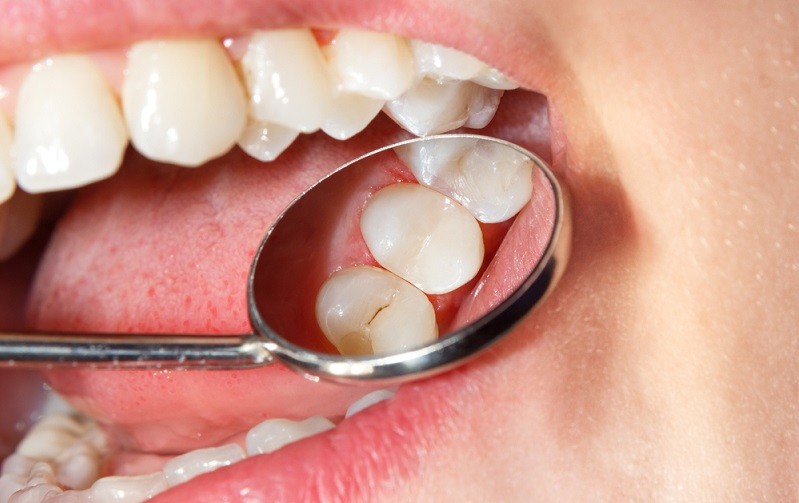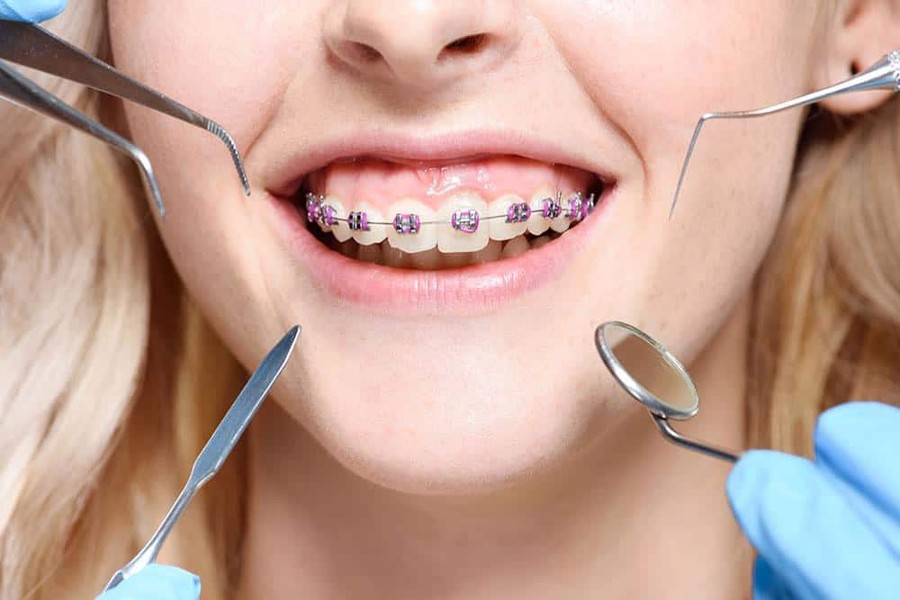When it comes to preventive dental care, dental sealants often emerge as a topic of discussion among parents and adults alike. But what exactly are dental sealants, and are they really worth the investment? This article delves into the specifics of dental sealants, their benefits, potential downsides, and why they might be a crucial part of your dental health routine.
What Are Dental Sealants?
Dental sealants are thin, protective coatings applied to the chewing surfaces of back teeth, particularly the molars and premolars. These teeth are more susceptible to cavities due to their grooves and pits, which can trap food particles and plaque. Sealants create a barrier that helps prevent decay by sealing these vulnerable areas. Typically made from plastic or other dental materials, sealants are painted onto the tooth surface and then hardened using a special light.
Who Should Get Dental Sealants?
Dental sealants are primarily recommended for children and adolescents. The Centers for Disease Control and Prevention (CDC) states that sealants can reduce the risk of cavities by nearly 80% in molars. The ideal time to apply sealants is when permanent molars come in, usually around the ages of 6 and 12. However, adults who are at high risk for dental caries may also benefit from sealants.
Benefits of Dental Sealants
- Effective Cavity Prevention: The primary purpose of dental sealants is to prevent cavities. By covering the grooves and pits of molars, they act as a barrier against bacteria and food particles that contribute to decay.
- Cost-Effective: Preventing cavities with sealants can save money in the long run. Treating a cavity typically involves fillings, which can be more costly than applying sealants. The American Dental Association (ADA) estimates that sealants can save up to $11 for every dollar spent on them.
- Quick and Painless Procedure: Applying dental sealants is a quick and painless process. It can usually be done in a single visit to the Orthodontist Katy TXand does not require anesthesia.
- Long-Lasting Protection: Sealants can last for several years, offering long-term protection against cavities. Regular dental check-ups can help ensure that sealants remain intact and effective.
- Encouragement of Good Dental Habits: The application of dental sealants can promote a greater focus on oral hygiene. Parents who take their children for sealant application often find it leads to better overall dental habits.
Are There Any Downsides?
While dental sealants offer many benefits, there are a few potential downsides to consider:
- Not a Substitute for Good Oral Hygiene: Sealants are not a replacement for regular brushing, flossing, and dental check-ups. Maintaining good oral hygiene is essential to prevent cavities in areas not covered by sealants.
- Potential Allergic Reactions: Some individuals may have allergic reactions to the materials used in dental sealants, although this is rare. It’s essential to inform your dentist of any allergies or sensitivities.
- Wear and Tear: While sealants can last for years, they may wear down over time, especially if a person has a high sugar diet or engages in teeth grinding. Regular dental visits are crucial to monitor the condition of sealants.
- Cost: Although dental sealants can be cost-effective in preventing cavities, they may not be covered by all dental insurance plans. It’s important to check with your provider regarding coverage.
How Effective Are Dental Sealants?
Research has shown that dental sealants are highly effective in preventing cavities. A study published in the Journal of the American Dental Association found that sealants reduced the incidence of decay by 60% over a span of four years. Regular dental visits can help ensure that sealants remain intact and effective over time.
Conclusion: Are Dental Sealants Worth It?
So, are dental sealants worth it? The answer is a resounding yes for many people, particularly children and those at higher risk for cavities. With their ability to prevent cavities, cost-effectiveness, and minimal discomfort during application, sealants represent a smart preventive measure in dental care.
If you’re considering dental sealants for yourself or your child, consult with your dentist to determine the best course of action based on your individual dental health needs. With the right preventive care, including dental sealants, you can help ensure a lifetime of healthy smiles.
Incorporating dental sealants into your dental health routine can be a valuable step in preventing cavities. Not only do they provide protection for your teeth, but they also promote better oral hygiene habits. If you’re looking for effective ways to maintain your dental health, discuss dental sealants with your dentist during your next appointment




